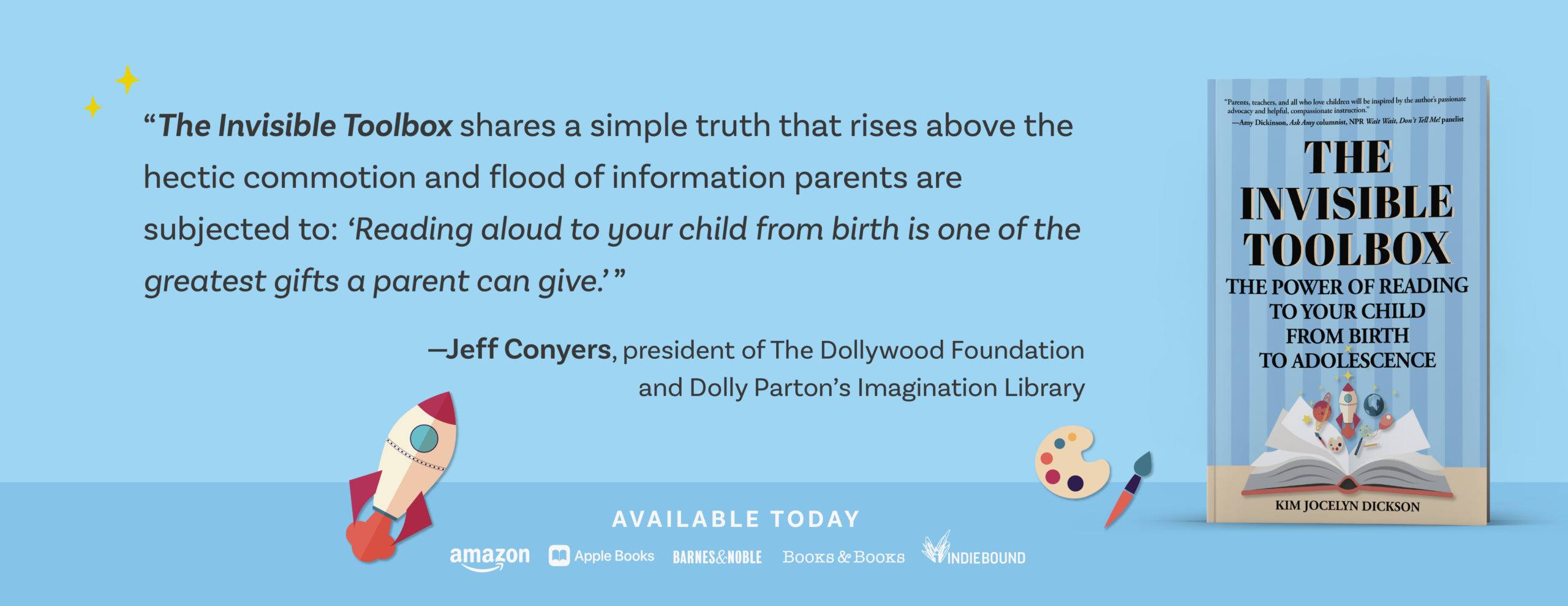World Literacy Summit, 2023
This spring I’ll be crossing the pond to be one of the presenters at The World Literacy Summit 2023. People from 85 countries who care about improving literacy around the world will gather in Oxford to share experiences and ideas.
If you can’t get to England, but are interested in attending, there’s good news. There’s also a virtual option for registration. You can check out all the details here.
In the meantime, if you’re curious about my talk, have a look at the overview that I submitted to the selection committee below:
“The Invisible Toolbox: How the First Five Years Frames Future Literacy”
“Neuroscience confirms that children who have been read to regularly from birth arrive at school on day one with “invisible toolboxes” full of all the pre-literacy tools that they need in order to be successful in school and beyond.
While it’s generally understood that reading aloud to a child is a good idea, many new and expectant parents don’t fully understand why doing so in the early years is critical for a child’s academic and social-emotional development.
What are these tools? Why do they make such a difference? How can we educate parents, in this age of distraction, to understand that reading aloud to their child is one of the greatest gifts they can give and support them in doing so?
We will explore these questions through the lens of the research of Dr. John Hutton (Pediatrician and Director of Cincinnati Children’s Hospital Reading and Literacy Discovery Center), the data of various literacy and government organizations, and my own experience as a teacher of reading and writing for decades in the elementary school classroom.

We’ll also discuss organizations in the U.S. and beyond that are reaching into communities with limited access to books that may also have language and cultural obstacles that prevent them from filling their children’s “invisible toolboxes.”
As I’ve begun piloting my own program to gift The Invisible Toolbox and related resources, I’ve been heartened and amazed to see what tremendous work is going on in the nonprofit sector. But there is still much to do.
Reaching people in the earliest stages of their parenting and helping them develop their own tools so that they can pass them along is one of the greatest gifts that those of us who care deeply about literacy and children can give.”
See you in Oxford!











